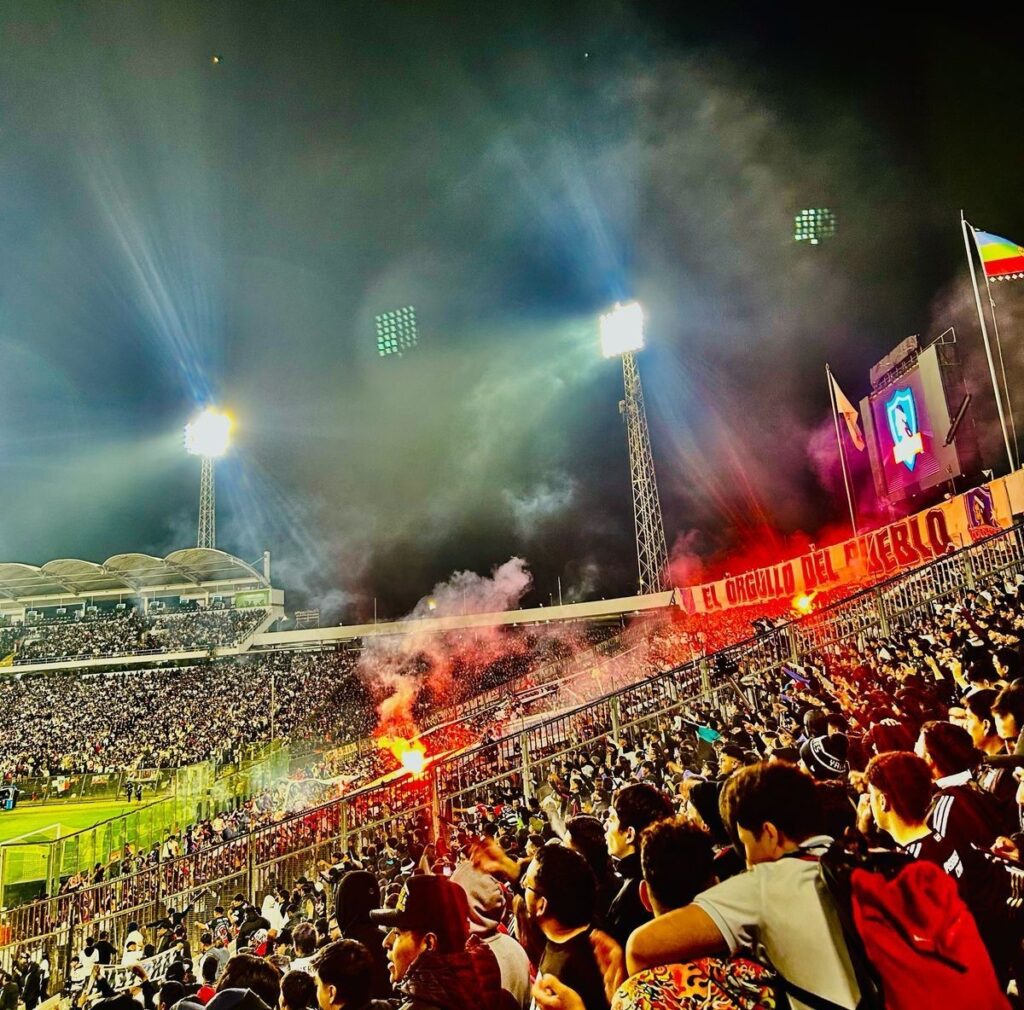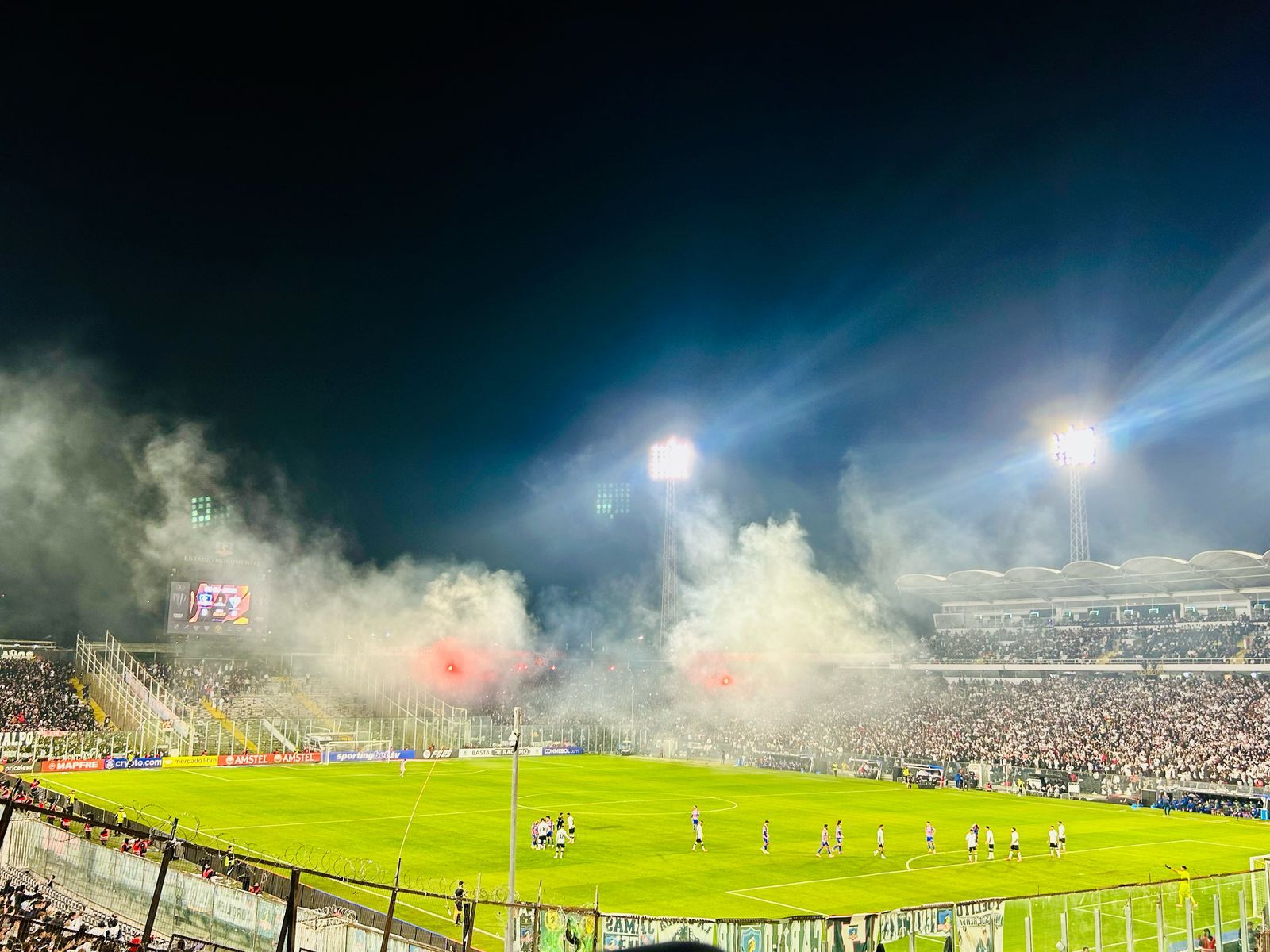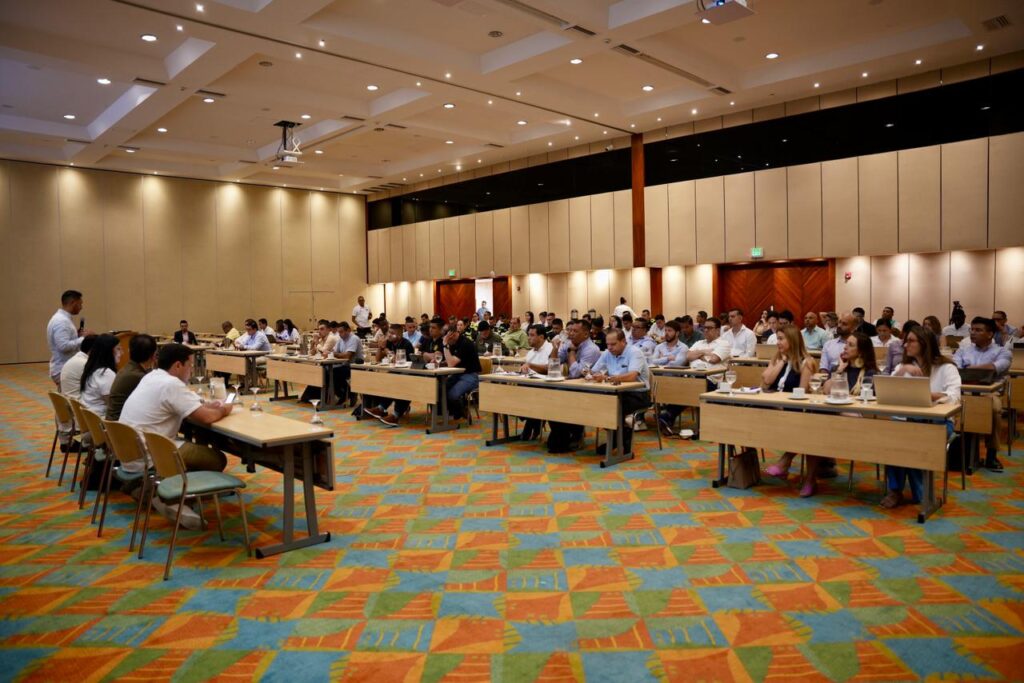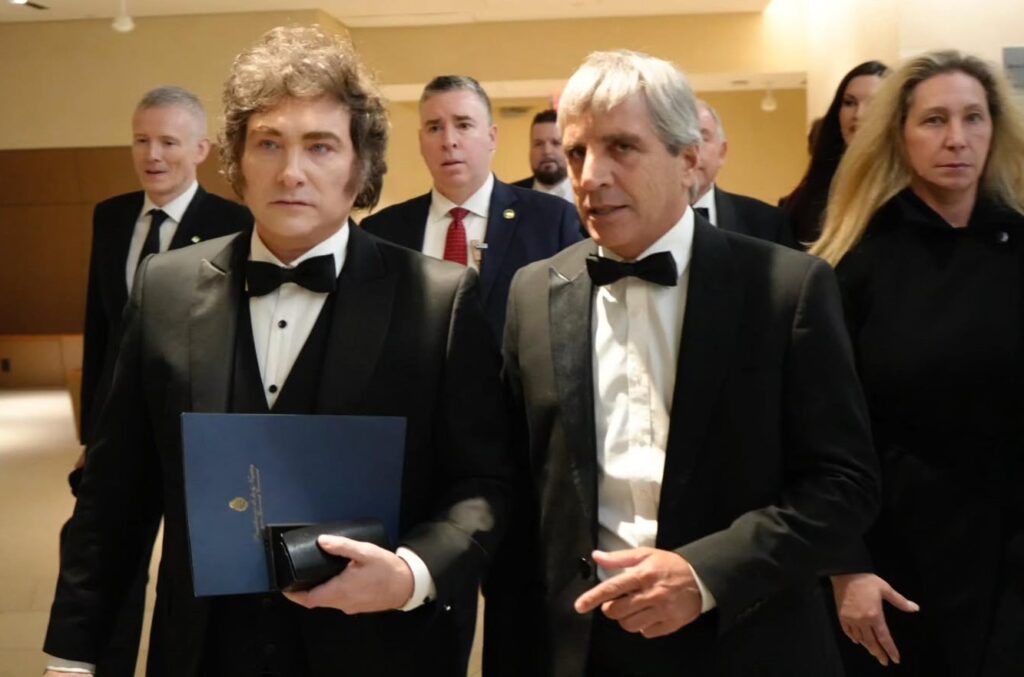On April 10, two teenagers died moments before the country’s largest club Colo Colo was set to play Brazilian side Fortaleza in the Copa Libertadores.
The two young men, reportedly aged 13 and 18, lost their lives after a confrontation with police outside the Estadio Monumental in Macul, Santiago.
Despite the deaths, the game continued for some time, prompting spectators to form a stampede that led to images of stadium destruction. Newspapers were quick to criticize fans in the following days.
Juan Lopez, who attended the game and entered through the same section where the deaths reportedly occurred, told Latin America Reports via voice message how the situation created confusion and panic throughout the stadium.
“No one knew what had happened outside when the second half began,” Juan revealed. Fans began “breaking the plexiglass to stop the game. Everything the fans did wasn’t to attack the Colo Colo players or to attack the Fortaleza team. It was purely to suspend the match because of the events outside the stadium before the game.”

A history of violence
This tragedy is not an isolated incident. Disturbances at matches in Chile have become a common occurrence, with matches often suspended when fan actions are deemed out of control.
The violence is frequently attributed to “barras bravas” – organized supporter groups that have similarities with Argentine supporter groups and 1980s English soccer hooligans.
They are known for their passionate and sometimes violent behavior and are often committed to turning soccer into a spectacle with flares, drums and rituals.
The most prolific incident occurred in 2019 when all matches were called off for six weeks during a period when nationwide protests began to seep into stadiums.
Failed measures
Up until this point, the Safe Stadium (Estadio Seguro), introduced in 2011, had been the governing doctrine for sports games’ security.
When Minister Rodrigo Hinzpeter introduced the measures, he stated in a press conference that the government would “work together to provide Chile with safe stadiums, which is what all fans deserve.”
The plan included a ban on drums and flares, along with the introduction of high-tech verification systems for attendees entering stadiums.
However, for the last 14 years, violence like that at the Colo Colo game has been able to continue, with Juan explaining how at the fateful match one could access where the two teenagers lost their lives “without showing any credentials, without showing ID, and without showing a ticket,” despite the measures introduced under the program.
Now, in light of this perceived failure, Public Security Minister Luis Cordero has announced the closure of the Safe Stadium plan.
He said in a statement to the press on April 14 that “As an operating system, as a design, and as a structure, Safe Stadium failed to fulfill its purpose.”
“The problem with the Estadio Seguro plan is that it doesn’t target the problems more at the core. It felt like a very reactive policy that just puts punishments when violence happens, rather than trying to engage with the core causes,” says Dr. Peter Watson, author of Football and Nation Building in Colombia: The Only Thing that Unites Us, speaking to Latin America Reports.
On what is disrupting the matches, Watson explained that, “Experts use ‘the iceberg of violence’ to refer to the visible match and more hidden pre-match issues that lead to violences.
“What generally happens is there are underlying factors that start before the game even begins. They could be social, they could be political, they could be the way that the police are managing the game.”
He added, “The barras provide a place to voice these upsets. They talk about the problems that they see facing them.”
In this sense, Watson calls for a programme that stops the demonization and repression of the barras but still ensures proper policing and prevention of violence.
A new path
And there are indications that President Gabriel Boric will be looking to replace the Estadio Seguro with a reform programme that reflects such ideas, under a programme known as “barrismo social.”
The movement, also known as social fan activism, is an approach based on education and cooperation with the barras bravas organizations and has already shown promise in other Latin American countries.
Watson explains that in Colombia, such programs have successfully tried to “engage with their members and create spaces of coexistence to provide leadership, to provide work opportunities, for training, for education, for reducing delinquency or drug dependency.”
“While they are not accepted by all members of the club, they are quite active,” he said. “What’s important is that when these start existing to try and solve the problems of barra violence from within, if you have this process of dialogue and discussion within the barra but also with state, municipal and football authorities, then at least the barras can enter into some kind of control of what their role is within the football experience.”
But while Boric may be looking at softer measures, some are calling for stricter regulations of football fan organizations.
Ultra-conservative politician, Jose Antonio Kast, took to X to share his thoughts on who is to blame for violence in the stadiums, writing, “The barras bravas have been destroying football and driving families away from stadiums for decades. They’re not fans, they’re criminals, and they must be judged for what they are, inside and outside the stadium.”
Doubts remain over whether any new government initiative will be more than just rhetoric, with some questioning if there will be enough action to create real change.
“They [Boric’s government] love to rename/change programmes, thinking that this will change reality; if there’s no political will to make real changes, nothing will happen,” Daniel Noemi Voionmaa, a Chilean Professor at Northeastern University, told Latin America Reports.
“This year is an election year and all the signs are that the Frente Amplio will lose; maybe that gives them the opportunity to at least try… The safe stadium programme has obviously not worked. So what’s the solution?” he added, referring to the ruling Broad Front party.
Colo Colo played its next match against Racing de Argentina on Tuesday, April 22 without an audience, while the investigations into the deaths at the last matchday are ongoing.
Featured image credit: Juan Lopez











